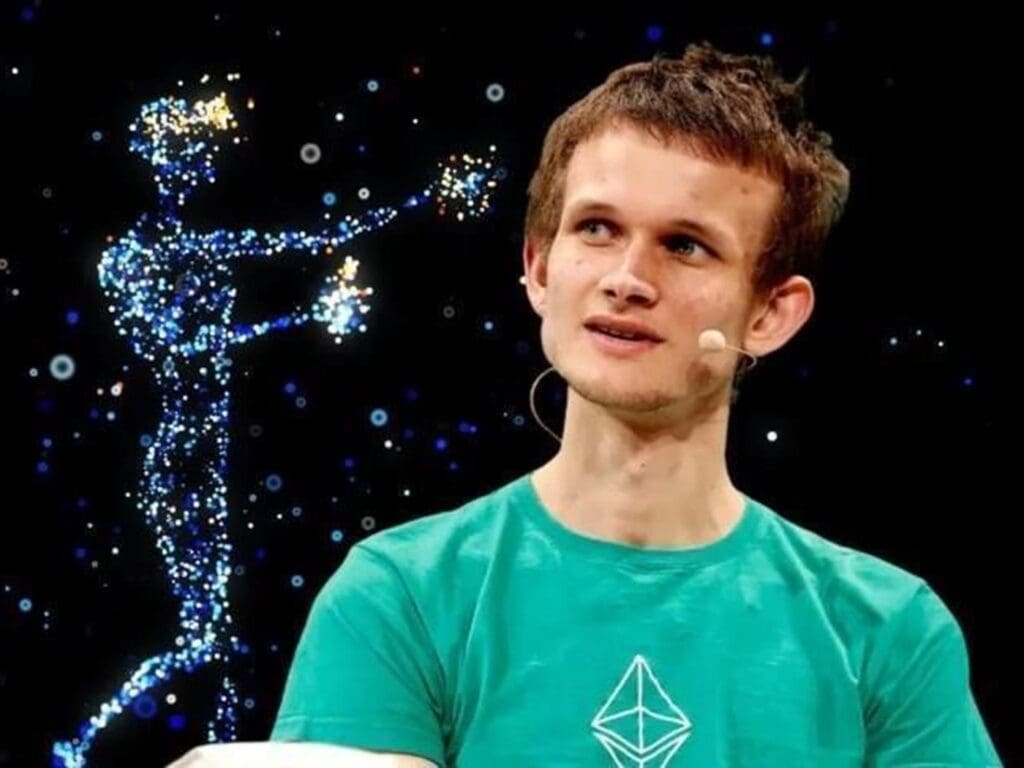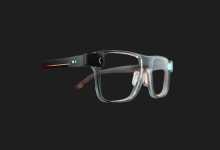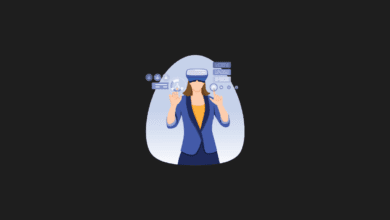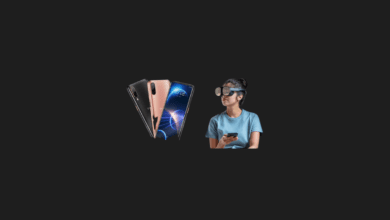Vitalik Buterin’s Definition of Metaverse

Vitalik Buterin, Ethereum’s co-founder, shared insights on the Metaverse concept during the BUIDL Asia conference in Seoul. Buterin outlined the Metaverse as an expansive, decentralized virtual world that integrates immersive social settings and experiences through technologies like virtual reality (VR), augmented reality (AR), and Blockchain. He emphasized that the Metaverse extends beyond mere virtual reality, necessitating a blend of various elements, including cryptocurrencies and artificial intelligence, for its full potential to be realized.
In his speech, Buterin addressed the nebulous nature of the Metaverse’s definition, envisioning it as a universal virtual realm accessible to all, without ownership by any single entity. He highlighted the critical role of incorporating diverse virtual world components, such as cryptocurrencies and artificial intelligence, to foster a unified and inclusive Metaverse experience.
Buterin remarked that while virtual reality is commonly linked with the Metaverse, it represents only a fraction of this virtual universe’s components. He advocated for a holistic approach that synergizes all pertinent technologies effectively to achieve the envisioned outcomes. Despite the considerable market capitalization of Metaverse-related altcoins, which stands at $18 billion, Buterin underscored the importance of collaboration and innovation across various technological domains, highlighting the complexities involved in crafting a functional and inclusive Metaverse.
DEVELOPMENT OF ETHEREUM

Discussing Ethereum’s evolution, Buterin also delved into the topic of account abstraction and its prospects for mainstream adoption. He emphasized the significance of striking a balance between security and usability in account abstraction’s implementation, noting that Ethereum is actively striving to achieve this equilibrium effectively.
Buterin’s insights underline the multidisciplinary essence of the Metaverse and the necessity of considering various aspects in its development, including security, ease of use, and interoperability. His observations serve as an invaluable roadmap for stakeholders as they navigate the complex terrain of decentralized virtual environments.
You may also like this content
- AI Tools Are Coming to Opera Android: Here Are the Innovations
- Amazon Introduces Highly Ambitious Next-Generation AI Chip Trainium3
- OpenAI Is Losing the AI Race: “Emergency” Declared for ChatGPT
Follow us on TWITTER (X) and be instantly informed about the latest developments…











